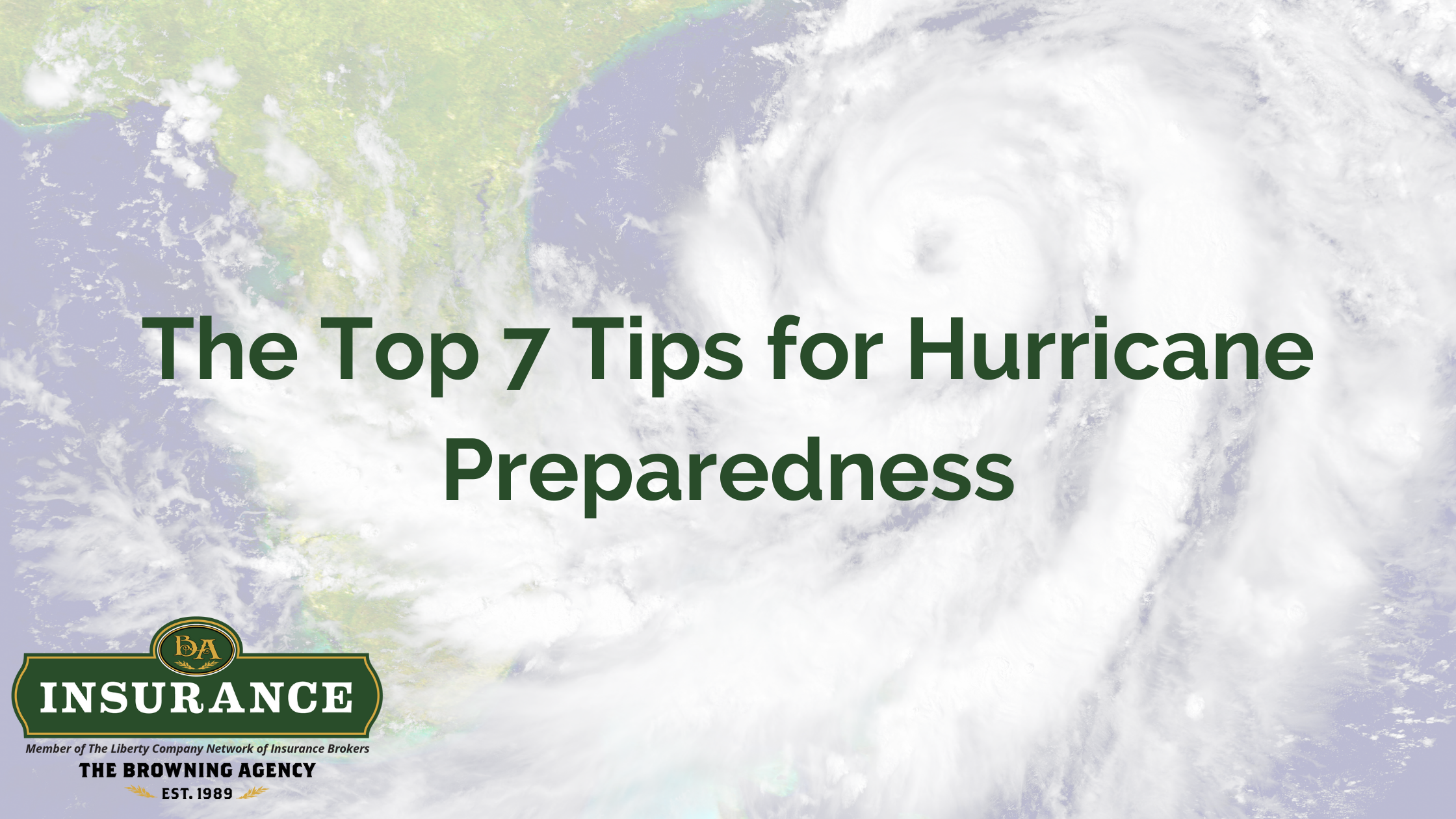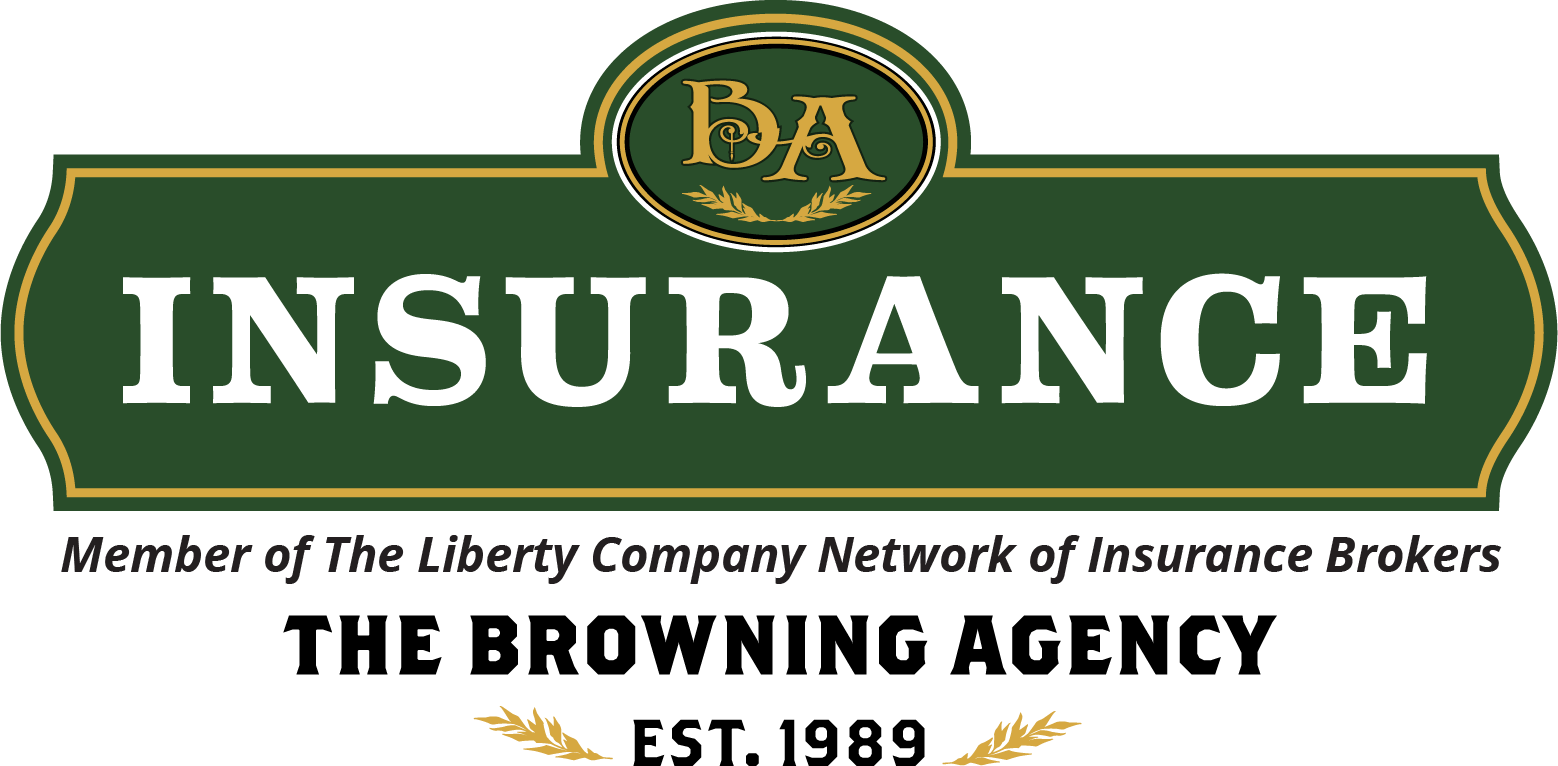The Top 7 Tips for Hurricane Preparedness

Hurricane preparedness is essential for homeowners and commercial business owners in Florida, and with forecasters predicting above average hurricane activity during the 2022 season, we all need a reminder of the extreme danger and untold destruction named storms can bring. Being organized and proactive with your hurricane plan can help reduce the panic and stress of an evacuation, ensuring that you’re not scrambling at the last minute. To help you stay ahead of the storm season, we have a few useful tips you can add to your hurricane safety plan.
Know Your Emergency Evacuation Zone
Know your emergency evacuation zone. Storm surges are the deadliest parts of a hurricane due to Florida’s generally low-lying topography. As a result, storm surges can easily cause floods. If your zone is ordered to evacuate, be ready to go (we’ll discuss what to take with you in a moment.) If you don’t know your zone, you can visit the Florida Division of Emergency Management website.
Map Your Evacuation Route
Map your evacuation routes and know where the closest shelters are. If you cannot reach your preferred shelter, plan for another safe place that’s far away from known danger zones. You can also post evacuation routes around your facility or office.
Create a Family Emergency Plan
Familiarize your household with the emergency checklist so everyone is prepared. There are multiple hurricane preparedness checklists available online. FEMA has a helpful hurricane preparation guide and checklist available here. FEMA also has a mobile app filled with disaster resources. Plus, it allows you to set up weather and emergency alerts for five different locations nationwide.
You can also create an emergency plan for your business so that you know when to send staff home, what triggers an evacuation of your facility, etc.
Stock Up on Food and Water
Stock up on drinking water and non-perishable foods that don’t require heating. Be prepared to live without power, running water, gas, phone service, or wifi for at least seven days.
Pack a “Go Bag”
Have a go-bag ready in case you’re ordered to evacuate. Add items like medications, toiletries, battery operated flashlights or emergency radios, important documents that are difficult to recreate or recover, a first aid kit, cash, credit cards, pet food, speciality foods specific to your family’s health conditions, and anything else you truly believe you cannot live without.
Secure Your Property
Secure your property with sewer backflow valves and window coverings. Secure or store outdoor items, making sure trees are trimmed away from the structure, and review your insurance policies with your agent to assess your asset values and understand your coverages.
An Important Note for Florida Home and Business Owners
Most homeowners and property insurance policies do not cover flooding. Flood coverage is purchased separately. If your property is in a high-risk flood zone, you should have a flood policy in place. It’s more than likely that your mortgage lender require you to carry flood insurance. However, many properties that are not in high-risk flood zones might still be at risk, depending on the surrounding geography and topography.
Approximately one-fourth of flood insurance claims filed every year are for homes outside of identified high-risk flood zones. Ignoring flood insurance could leave homeowners in financial ruin, so it’s critical that you evaluate your location and exposures carefully.
Why do these things require extra attention? Weather pattern shifts, extreme rain events, and the development of previously untouched landscapes could render flood maps unusable, or, at the very least, unreliable.
What to do During and After the Storm
- During and after the hurricane be mindful of a few things that are easy to forget in such a stressful situation.
- If you have to evacuate, don’t return to your home until public officials have declared it safe to do so.
- Refrain from entering damaged houses or businesses until they have been inspected for structural, electrical, gas, and sewer/septic issues.
- You may also need to wear protective equipment when re-entering your home. Remember, flood waters are extremely unsanitary.
- Please be careful when using generators as many have lost loved ones due to carbon monoxide poisoning caused by improper ventilation.
- Make sure you and your family are aware of the unique safety or health hazards you might encounter when returning to your home—the same can be said for commercial businesses and their employees. Extreme caution is especially important for those who are immunocompromised, immobile, or elderly.
Contact The Browning Agency for Assistance With Flood and Windstorm Insurance
Contact The Browning Agency for assistance with flood and windstorm insurance. We’re happy to show you how these insurance solutions can help with your hurricane preparedness plan. You may need to consider flood insurance or re-visit your policy values and windstorm coverages. We’re happy to review your current business or homeowner policies and help you find the best coverages at the best price so you can feel prepared and protected this hurricane season.

Recent Comments